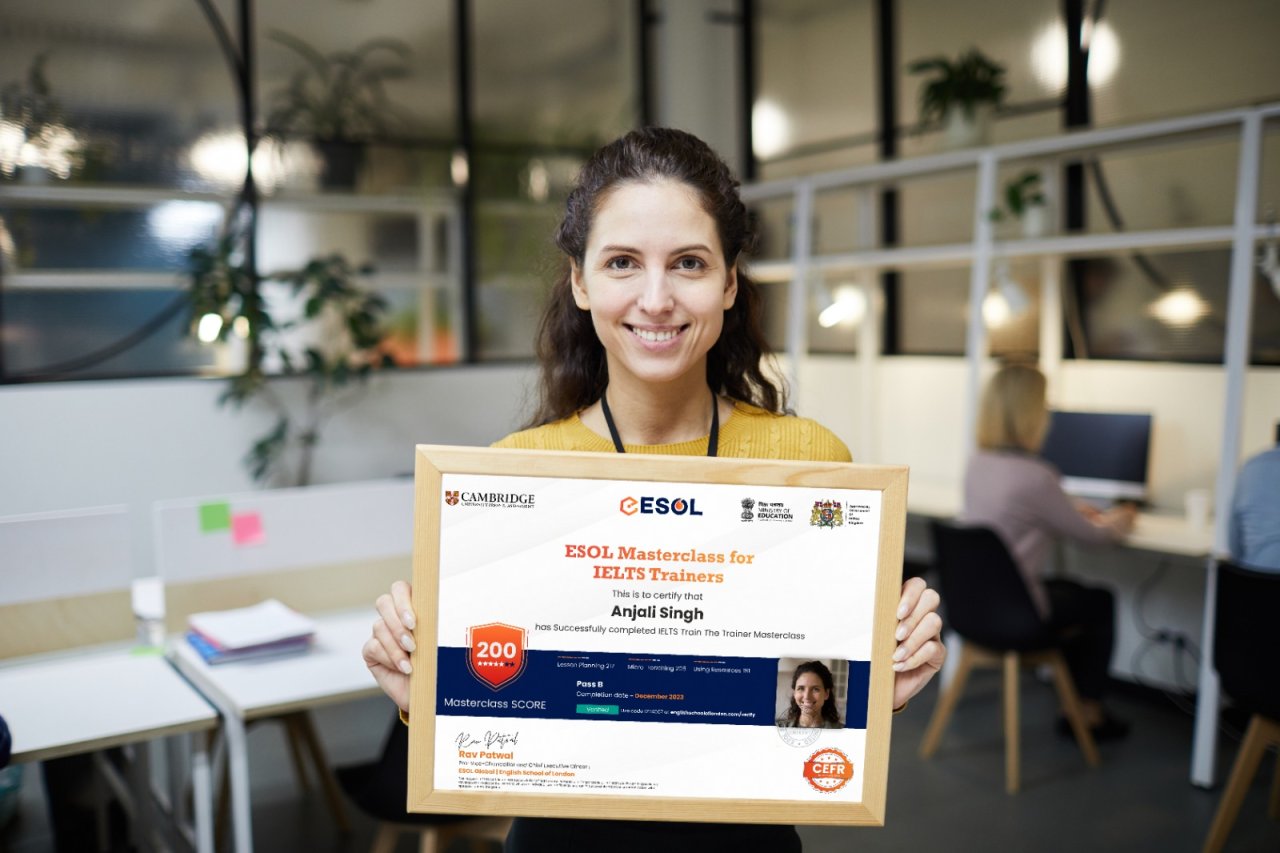Becoming an IELTS Examiner: A Comprehensive Guide

The journey to becoming an IELTS (International English Language Testing System) Examiner is a structured and rigorous process designed to recruit individuals who demonstrate the highest standards of English language proficiency, teaching experience, and assessment capabilities. This article outlines the steps involved in the recruitment process, providing potential candidates with a clear roadmap to achieving certification.
Initial Steps: Information and Application
The first step for aspiring IELTS Examiners is to obtain and carefully review the Recruitment Information Pack. This pack includes the application form, details about the Minimum Professional Requirements (MPRs), and other relevant information specific to the IELTS centre. The MPRs outline the necessary qualifications, experience, professional attributes, and interpersonal skills required for the role. It is crucial for applicants to ensure that all documentation is complete and accurately reflects their qualifications meeting the MPRs.
Application Submission and Documentation
Candidates must submit their application forms electronically, ensuring all sections are fully completed, including all necessary electronic signatures. In addition to the application form, applicants are required to present photocopies (not originals) of their qualifications and transcripts to the Centre Administrator for verification. The process also involves obtaining confidential references from current or past employers or line managers.
Assessment of English Language Competence
An essential criterion for IELTS Examiners is to possess English language competence equivalent to an IELTS Band 9 in Speaking and a minimum of Band 8 in Reading, Listening, and Writing. Candidates may be required to sit the IELTS test to demonstrate their language proficiency, particularly in the module they will be examining.

Interview and Short-listing
Following the approval of the application form, candidates are invited for an interview, usually held at the IELTS centre. Exceptionally, interviews may be conducted via telephone. The interview panel's decisions on short-listing are crucial as only those who are successful at this stage will progress further in the recruitment process.
“I love teaching for IELTS as I can make my classes more interactive.”
Amit Tiwari, IELTS course teacher, India
Induction and Training
Short-listed candidates must attend an induction session, which provides a general introduction to IELTS examining and outlines specific requirements of the centre. Following induction, there is a mandatory training workshop covering aspects of rating and delivering the Speaking module of the IELTS test. Training spans one and a half days and includes an assessment to ensure candidates meet the examiner requirements.
Certification
The certification stage assesses whether candidates have understood and can apply the marking criteria. This involves making individual assessments of Speaking tests, which are then evaluated by the British Council or IDP:IELTS Australia Pty Ltd. Certification, conducted under strictly controlled conditions, must be achieved for candidates to attain certificated IELTS Examiner status.
Communication and Summary of the Recruitment Process
Throughout the recruitment process, the IELTS centre communicates in writing with candidates, notifying them of their success or otherwise at each stage. To become an IELTS Examiner, applicants must successfully navigate through the stages of application approval, language competence assessment (if required), interview, induction, training, and certification. Additionally, signing the necessary IELTS Examiner documents and completing all required background checks are final steps before embarking on the role.
The examiner system
IELTS Speaking examiners / Year 1: Monitoring
Examiners are monitored at least once every two years. New examiners (and those who have not recently worked as IELTS examiners) are monitored three times in their first year. Monitoring is carried out by examiner trainers. All examiners receive written feedback on their ratings and also on the delivery of the Speaking test. They may be required to take corrective action if any issues are raised about their performance.
Year 2: Standardisation and recertification
Standardisation sessions are held every two years and are led by an examiner trainer. Standardisation is completed at the centre and takes place as close as possible to the biennial recertification of the examiner. After the standardisation session, the examiners then complete a different certification set to demonstrate they continue to apply the assessment criteria accurately.
IELTS Writing examiners
Writing Examiners are monitored on a regular basis by IDP: IELTS Australia or British Council Examiner Standards Managers. Writing examiners also standardise and recertify every two years.
Continual research-based improvement
The success of IELTS rests on attention to four key test qualities – validity, reliability, impact and practicality.
These four factors have been the subject of a great deal of research involving academics, administrators, teachers and other practitioners throughout the world for more than 40 years. The IELTS partners lead an extensive programme of international research designed to ensure the quality and continual improvement of IELTS tests. Advances in applied linguistics, language pedagogy, language assessment and technological capabilities constantly challenge test developers to review, refine and reshape their approaches to test design, development, delivery and evaluation.
The steady evolution of IELTS clearly demonstrates how such factors shape the development of a large-scale, high-stakes language test. The IELTS research programme ensures:
• The ongoing usefulness and contemporary relevance of the test for organisations that use IELTS results
• That IELTS contributes more broadly to the growing understanding of the nature of language proficiency and its place within linguistics and language education
Internal research
Internal research activities are managed by Cambridge Assessment English and are co-ordinated within a framework for ongoing test development and validation. Cambridge Assessment English makes a valuable contribution to the wider field of language assessment through a number of presentations and publications, in particular, Studies in Language Testing (SiLT). SiLT is a series of academic volumes that addresses a diverse range of important issues and new developments in language testing and assessment that are of interest to test users, developers and researchers. For more information, go to cambridgeenglish.org/silt Research relating to IELTS test development and validation activities is also published in Research Notes (RN). For more information, go to cambridgeenglish.org/research-notes
External research
The IELTS research programme, jointly funded by the British Council and IDP: IELTS Australia, ensures an ongoing relationship with the broader linguistics and language testing community and demonstrates the IELTS partners’ commitment to continuous improvement of the test. Since 1995, more than 130 external studies by over 280 researchers in 16 countries have attracted funding under this scheme. Selected reports are available online in IELTS Research Reports ielts.org/research
Annual research grants
Every year, individuals and education institutions with relevant experience are invited to apply to undertake IELTS-related research projects. Details of available grants, awards and application guidelines can be found online at ielts.org/research
In summary, the process of becoming an IELTS Examiner is comprehensive, ensuring that only those with the highest qualifications and capabilities are selected. This meticulous approach guarantees that IELTS remains a reliable and globally recognized English language proficiency test, upheld by examiners of the utmost calibre.

















.png)